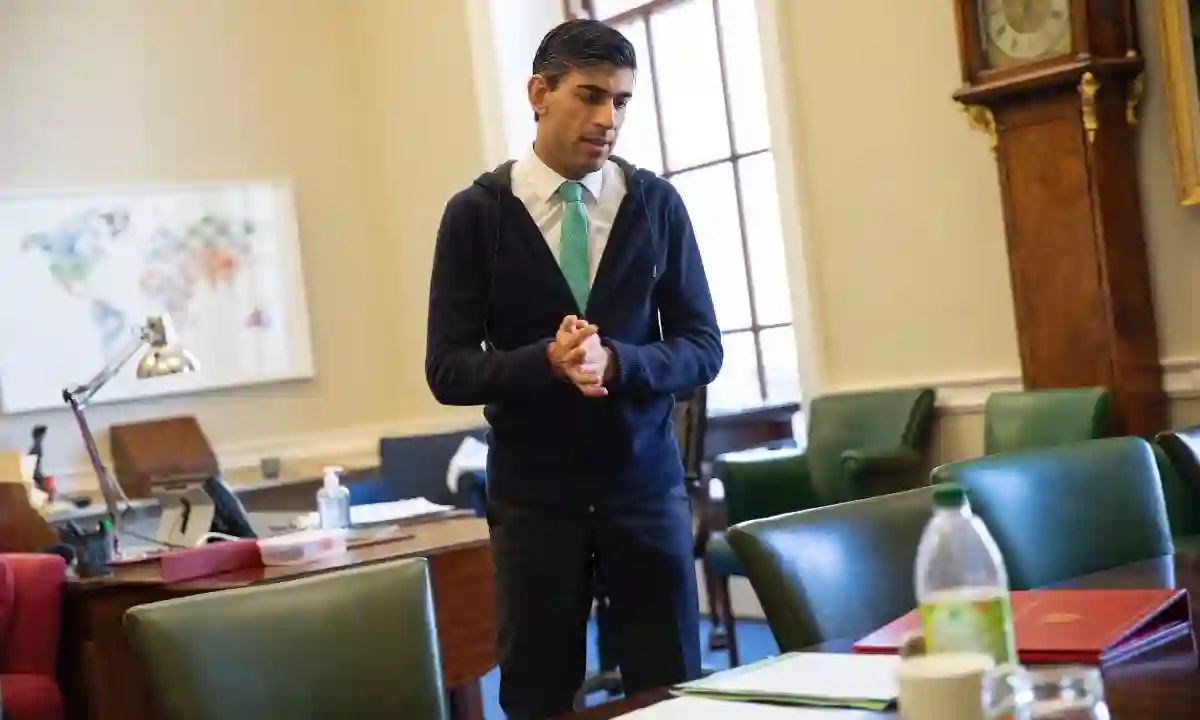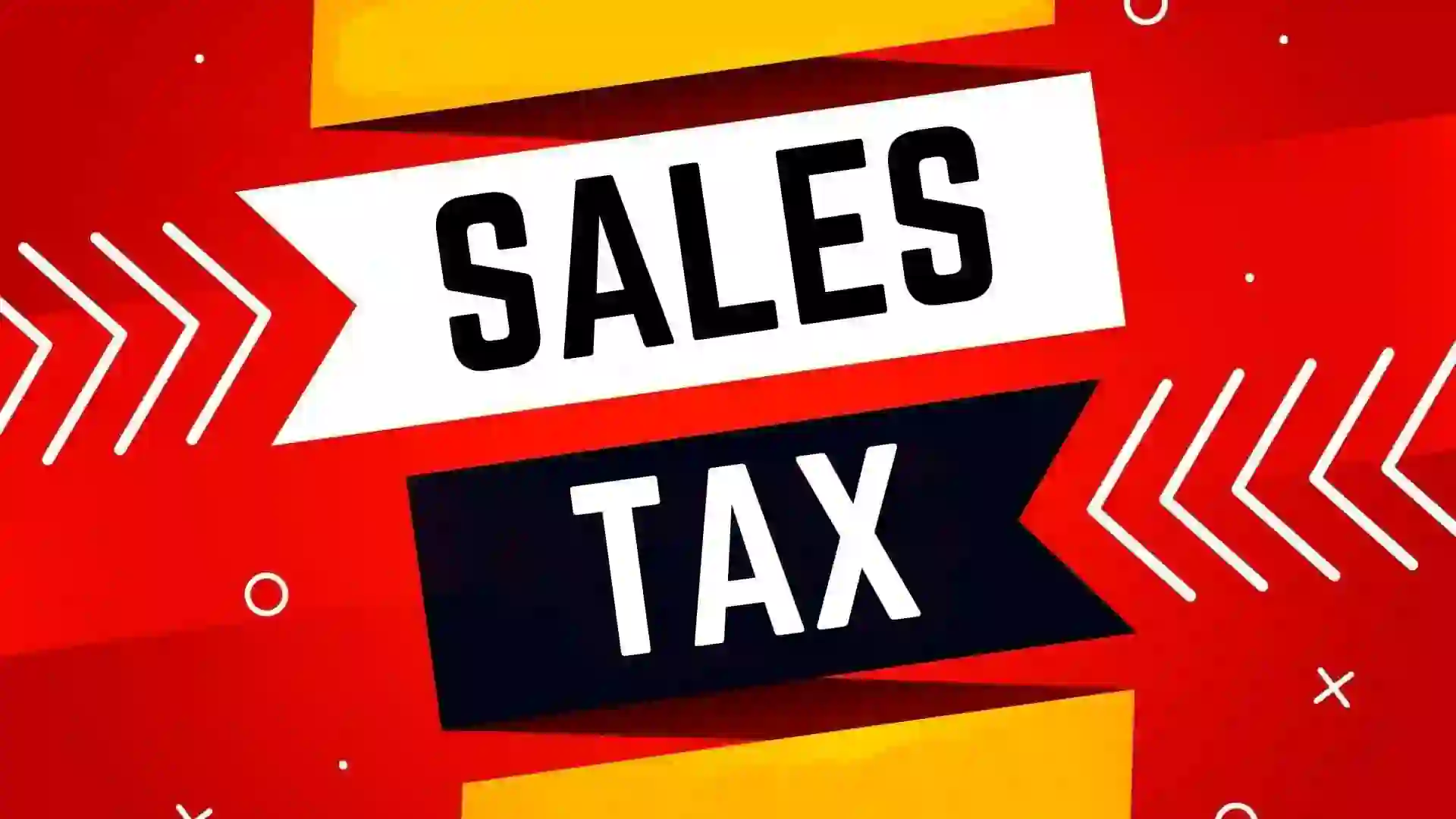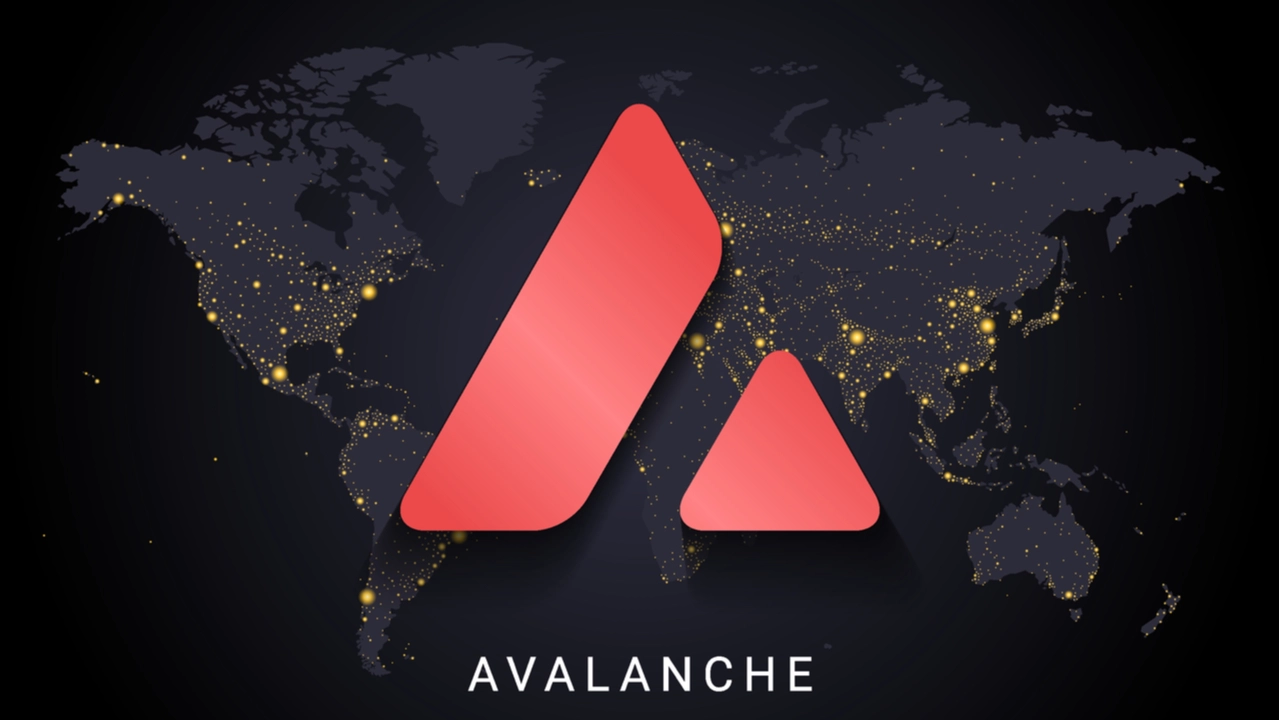Government backed loans are available for students, home buyers, and those looking to open or grow their business. They are backed by the federal government and are considered safer than conventional mortgages.
These types of loans make homeownership accessible to people that would otherwise be unable to qualify for a conventional loan due to debt-to-income ratios or credit issues. These loans also allow lenders to offer lower interest rates and low-to-no down payment options.
They are aimed to give more people the opportunity of homeownership
Buying a home is one of the most significant financial decisions that most people will ever make. However, many aspiring homeowners are unable to secure conventional loans due to their financial limitations and poor credit scores. Government-insured mortgages can help these borrowers overcome their financial challenges and achieve homeownership. These loans typically require lower down payments and have more flexible credit requirements than traditional loans. They also offer other benefits, such as the ability to use gift funds for down payments and closing costs.
Several federal agencies offer government-backed mortgages to help first-time buyers, rural residents, and veterans purchase or refinance their homes. The three biggest loan programs are the Federal Housing Administration (FHA), U.S. Department of Agriculture, and the Department of Veteran Affairs (VA). These loans can have low to no down-payment requirements.
Many of these loan programs are aimed at helping low-income communities, but advocates say that they are not enough. For instance, Manufactured Housing Action, a nonprofit group that advocates for residents of mobile home parks, has found that investors like Havenpark Communities are buying out these communities and evicting residents. They want Fannie Mae and Freddie Mac to back low interest-rate loans for residents so they can buy their own park land and form co-ops. Then, they can build a community of their own.
They are backed by the government
정부지원대출 are a great option for borrowers with low income levels, credit history problems or other circumstances that make it difficult to qualify for conventional loans. They provide lower rates and are often easier to get. They are also a good choice for first-time home buyers.
The government backs these mortgages by guaranteeing the lender’s investment. The borrower may still need to meet certain requirements, but the loan is more lenient than conventional loans. For example, some government-backed mortgages allow a DTI up to 50%, while most conventional lenders require a DTI below 36%. The most common types of government backed loans include FHA, VA and USDA loans.
Conventional loans are not backed by the government, and they are primarily regulated by Fannie Mae and Freddie Mac. However, the government does guarantee some of these loans, especially those that are backed by Fannie Mae or Freddie Mac. Conventional loans are typically issued by private banks or mortgage companies.
The government does not fund the loans directly, but it guarantees them by cosigning on funds from private lenders or government-sponsored enterprises (GSEs). This way, if the borrower defaults, the government will pay the lender. While this makes the loans less risky for the lender, it increases the cost of the loan and limits the amount that a borrower can receive.
They have strict limitations on who does and does not qualify
Government loans are a great option for people who may not qualify for conventional loans due to certain circumstances. However, the requirements for each government loan are different, so it’s important to understand which options are available to you and choose a mortgage lender that can help with the requirements and qualifications.
One of the most popular types of government-insured mortgage loans is the FHA loan program. This type of 대출이자계산기 allows borrowers to make a small down payment and typically has more flexible qualification criteria than conventional mortgages. Additionally, a FHA loan is a great option for first-time homebuyers because it does not require them to have a high credit score to qualify.
Other government-insured mortgage loans include the VA and USDA programs. These programs offer benefits to military veterans, active duty service members and their spouses. They also allow borrowers to purchase homes in rural areas with 100% financing. However, these programs have strict eligibility requirements and are not for everyone.
The main benefit of government-insured mortgage loans is that they provide lenders with an additional layer of protection in case borrowers default on the loan. This allows lenders to offer more lenient qualifying criteria, and it can also reduce interest rates for borrowers with lower credit scores. In addition to the federal backing, some lenders may offer additional mortgage insurance for government-insured mortgage loans.
They are a great way to start building equity
Government backed loans are a great way to start building equity in your home. These mortgages are backed by the government and allow borrowers with lower credit to qualify for homeownership. They are available for many different types of borrowers, including first-timers, veterans, and rural residents. They are also often easier to qualify for than personal loans or conventional mortgages.
There are a variety of ways to build equity in your home, but the best way is by paying down the balance on your mortgage. It’s a great feeling to see the amount that you owe decrease each month, and it can help you save money in the long run. In addition, you can use your equity to buy a new property, which is generally much easier than saving up for a deposit.
Unlike conventional mortgages, which are backed by the Federal Housing Administration (FHA), government-insured mortgages are backed by a specific agency or department. These loans offer a range of benefits, from reducing down payments and closing costs to lowering interest rates. However, they do have certain requirements.
Government-backed loans are backed by the United States federal government. The government provides the initial capital for these loans and then collects interest from borrowers. This is a great way to make capital available to borrowers and support the country’s mortgage market.


